After a year of speculation, Apple has unveiled Apple Intelligence. You'd better have a pretty new Mac, iPhone, or iPad to use it, though.
Announced at WWDC 2024 on Monday, Apple Intelligence is integrated into iOS 18, iPadOS 18, and macOS Sequoia, using Apple Silicon to process and generate language and images, automate tasks, and personal context for efficiency.
Key features include Private Cloud Compute for enhanced privacy and scaling between on-device processing and server-based models. Due to the processing power needed for such powerful artificial intelligence tasks, Apple Intelligence will require Apple Silicon, the company's custom chips.
Apple Silicon Macs provide the computational power to run sophisticated AI models that underpin Apple Intelligence features. Similarly, Apple Silicon iPads and iPhones are essential for accessing the full suite of Apple Intelligence features.
Apple Intelligence hardware requirements
- Any Apple Silicon Mac
- Any Apple Silicon iPad
- iPhone 15 Pro, or iPhone 15 Pro Max
These devices are equipped with powerful neural engines and advanced processing capabilities necessary for the AI-driven features of Apple Intelligence.
The Apple Silicon architecture, including the M1, M2, M3, and M4 series of chips, ensures optimal performance and efficiency for tasks such as language processing, image recognition, and real-time data analysis.
 Andrew Orr
Andrew Orr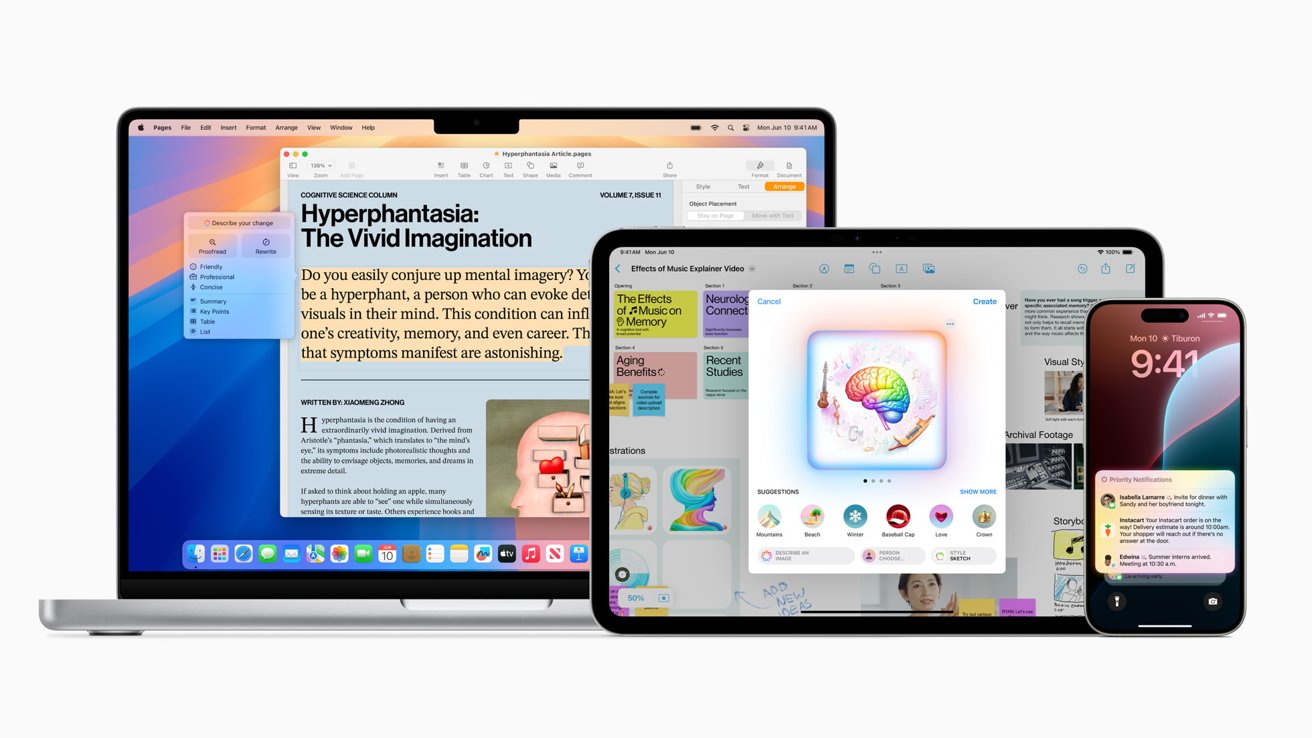






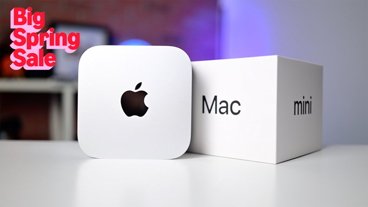
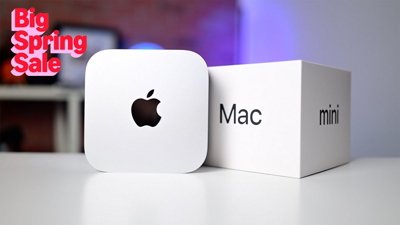
 Christine McKee
Christine McKee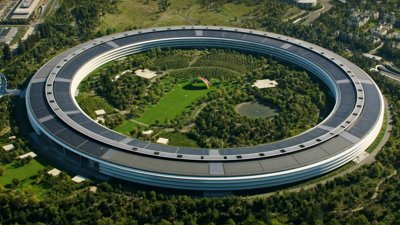
 Wesley Hilliard
Wesley Hilliard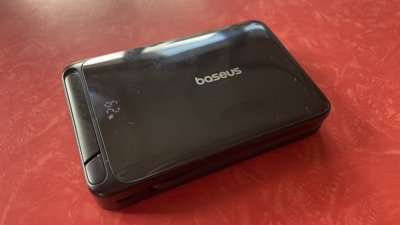
 Thomas Sibilly
Thomas Sibilly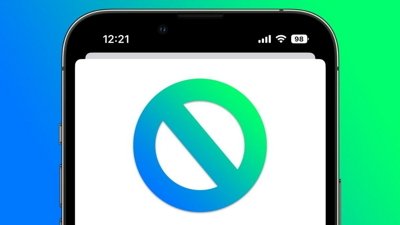
 Marko Zivkovic
Marko Zivkovic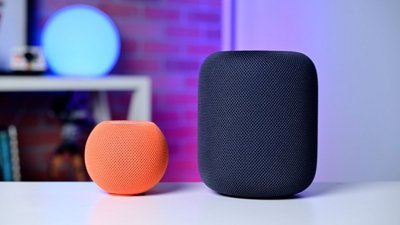
 Andrew O'Hara
Andrew O'Hara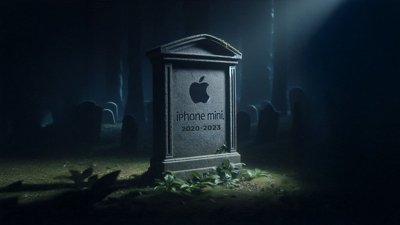
 Amber Neely
Amber Neely
 William Gallagher
William Gallagher


-xl-m.jpg)





18 Comments
Apple just told the world that almost everyone with an iPhone will need to buy a new phone to do this stuff. (Only last year's Pro phones as good enough). How can the stock possibly be down?
I think it would be more accurate to say "Any M-series Mac or iPad" as all iPads and iPhones 4+ have always used Apple Silicon, but of the A-series variety.
I'm far from an early adopter but I have 2 of the 3 covered, and barely use my iPads for anything so I'd never need AI features on them. Glad we decided to switch from the base/mini iPhone 13s to the 15 Pro/Max last year. Still a GAI skeptic but it seems like Apple has their focus on bringing us whatever benefits we can get from LLMs without most or all of the significant issues, be they privacy, copyright infringement, political bias, incorrect information and hallucinations, etc. We'll see in the Fall how well they've done!
By future-proofing products, what Apple has secured is brand loyalty. If I buy a smart phone today and get more than four years of service out of it, I'm quite happy to buy another one. Apple has a massive collection of consumers out there who can participate in using their new AI tools on Day 1. To an extent Apple is monetizing that installed base by offering content to that base via Apple Music, Apple TV+ and so on. In addition, Apple is not, if you will, a one-trick pony. It sells smart phones, tablets, laptops, desktop computers, smart speakers, smart watches, and so on. When a customer buys one of those devices, odds are a good experience will lead to buying others as well. That's especially the case since Apple works hard to integrate all its products into a seamless system, one that extends to automotive electronics. So no, we don't have a lot of consumers out there replacing their smart phones on an annual basis but in many ways that's a good thing. If Apple can continue to bring in millions despite not selling new iPhones to the same customers annually, what it is providing is quality product that in the long run justifies the high cost of initial purchase. If Apple is focused on enhancing the lives of its customers, that's a good thing and very much in keeping with the goals of Apple co-founder Steve Jobs. One more thing. If you have a product that can last a long time, you can justify a high initial purchase price. In today's inflation-tinged environment, looking to sell an expensive smart phone that customers are expected to replace annually is a losing proposition.